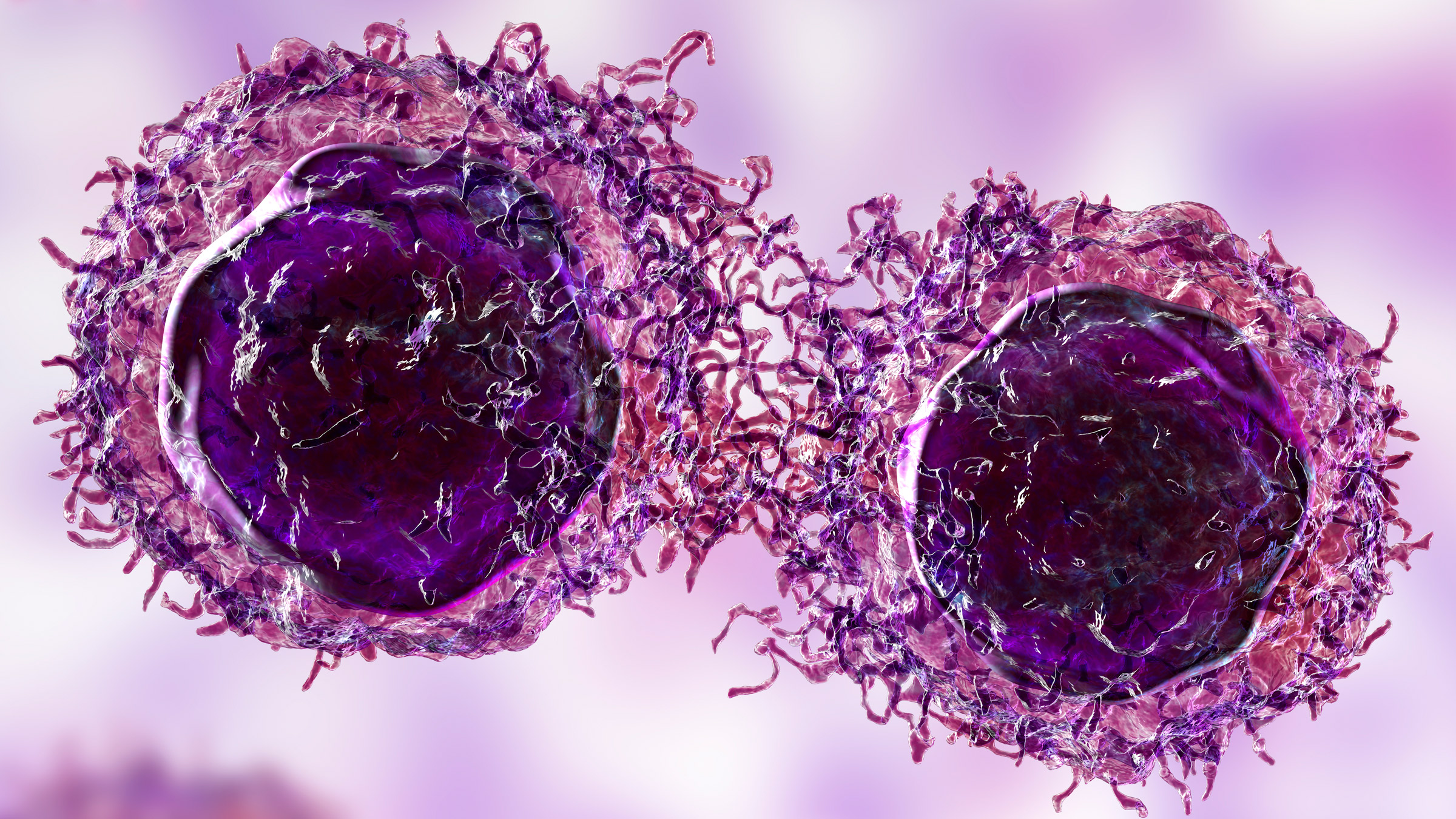Dr. Clement Arthur, a board-certified otolaryngologist and Research Associate at The First Hospital of Shanxi Medical University in China, has called for urgent integration of artificial intelligence (AI) into Nigeria’s healthcare diagnostic systems, particularly for ear, nose, and throat (ENT) cancers. Speaking exclusively to The Guardian Nigeria, Dr. Arthur warned that without prompt action, Nigeria risks lagging behind global advances in cancer care.
Highlighting a growing incidence of ENT cancers, especially laryngeal and nasopharyngeal carcinoma, Dr. Arthur said AI-enabled diagnostics have improved accuracy and early detection in many parts of the world.
“AI-enabled diagnostics across most of the world have improved diagnostic accuracy, modelling, and documents compared to human capabilities; they can do much more, and all aspects of healthcare,” he explained.
Dr. Arthur noted that in Nigeria, many ENT cancer cases are still identified at late stages, severely limiting treatment options. “We cannot afford to wait for years; we have to introduce AI into the theme of healthcare diagnostics now, not later,” he said.
He described AI systems trained on extensive libraries of annotated medical images as capable of detecting early-stage cancers more reliably than conventional methods. When combined with high-definition endoscopic tools such as Narrow Band Imaging (NBI), AI algorithms can identify subtle mucosal abnormalities that even experienced clinicians might miss.
“AI can serve as a digital second opinion,” he said, adding that machine learning models can classify lesions in real-time, predict risk levels, and suggest clinical pathways within seconds. This, he argued, is particularly important given Nigeria’s shortage of ENT specialists.
Dr. Arthur also pointed to the diagnostic challenges faced in Nigeria, where many hospitals lack advanced imaging facilities. Patients in peri-urban areas often wait months or years before seeing an ENT specialist, and diagnosis often depends on subjective visual assessment. Early cancers may be misdiagnosed as benign conditions such as chronic inflammation, leading to treatment delays.
He suggested that AI could bridge this gap by enabling general practitioners in rural and underserved communities to triage suspected lesions more accurately and expedite referrals.
Dr. Arthur referenced his recent research to support his recommendations. He is lead author of a study titled “The Effect of White Light Endoscopy with Narrow Band Imaging Based on Ni Classification in 114 Patients,” which demonstrated the clinical value of NBI in identifying laryngeal cancer lesions. He also coauthored a prospective study comparing traditional nasal endoscopy, optical biopsy, and AI in early diagnosis and treatment planning for laryngeal cancer, highlighting the potential of combining AI with existing techniques.
Addressing Nigeria’s readiness for AI adoption, Dr. Arthur noted the country’s high mobile phone penetration and expanding digital health ecosystem.
“During the Ebola and COVID-19 crises, Nigeria was able to deploy mobile-based surveillance tools with effective expedience to respond to health crises, demonstrating that it can adapt to new technologies,” he said. He observed that the surge in health-tech startups and access to cloud computing provide a fertile environment for developing local AI solutions.
To operationalise AI diagnostics, Dr. Arthur proposed several policy measures: investing in AI-compatible endoscopic infrastructure beyond urban centres, partnering with hospitals and medical schools to train AI models on local data, integrating AI literacy into medical education and continuous professional development, and establishing data governance frameworks to ensure ethical and safe AI use.
He envisaged a scenario where a general practitioner in a city like Jos or Abeokuta could perform a nasopharyngoscopy linked to a cloud-based AI system that instantly flags cancerous lesions, facilitating timely referrals.
Dr. Arthur concluded by emphasising that AI will complement rather than replace physicians.
“With the appropriate vision and coordinated action in Nigeria, we can turn AI for diagnosis into a public health revolution,” he said. He urged stakeholders to move beyond traditional methods and embrace innovation to avoid being left behind. “Nigeria must lead and not remain an afterthought,” he added.
Source: Guardian Nigeria




